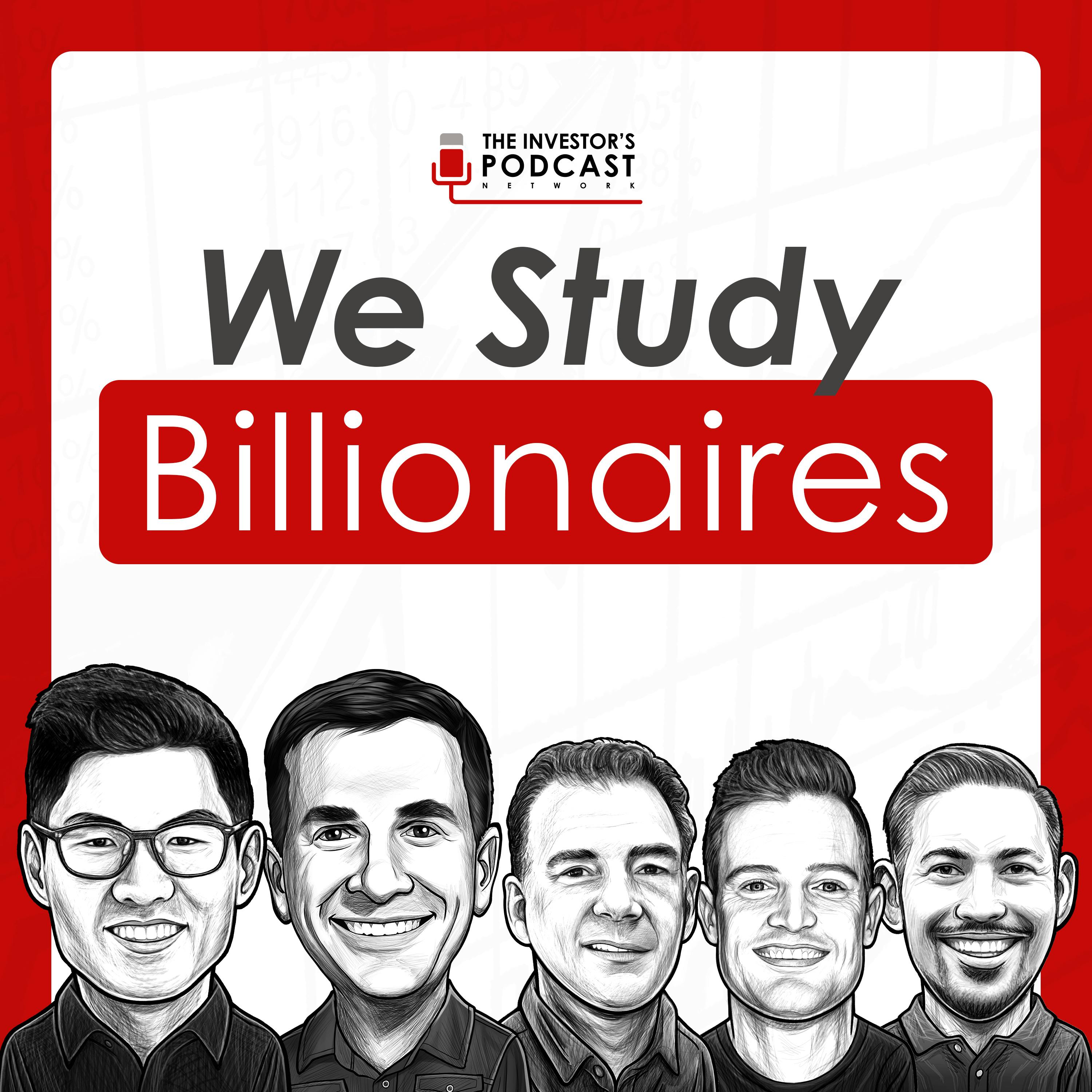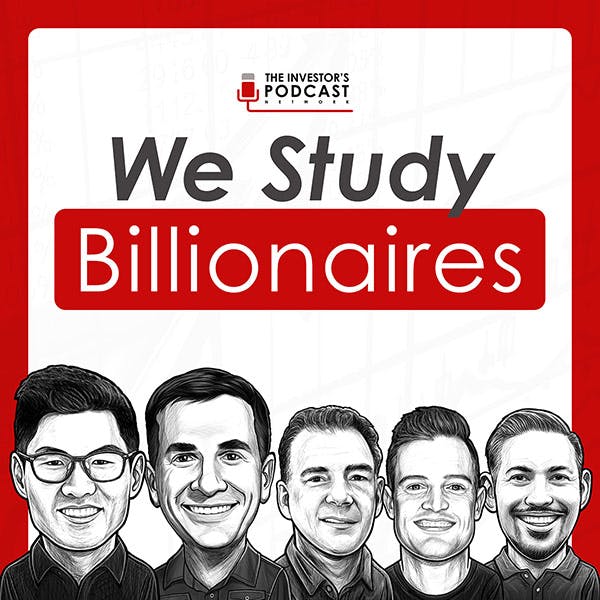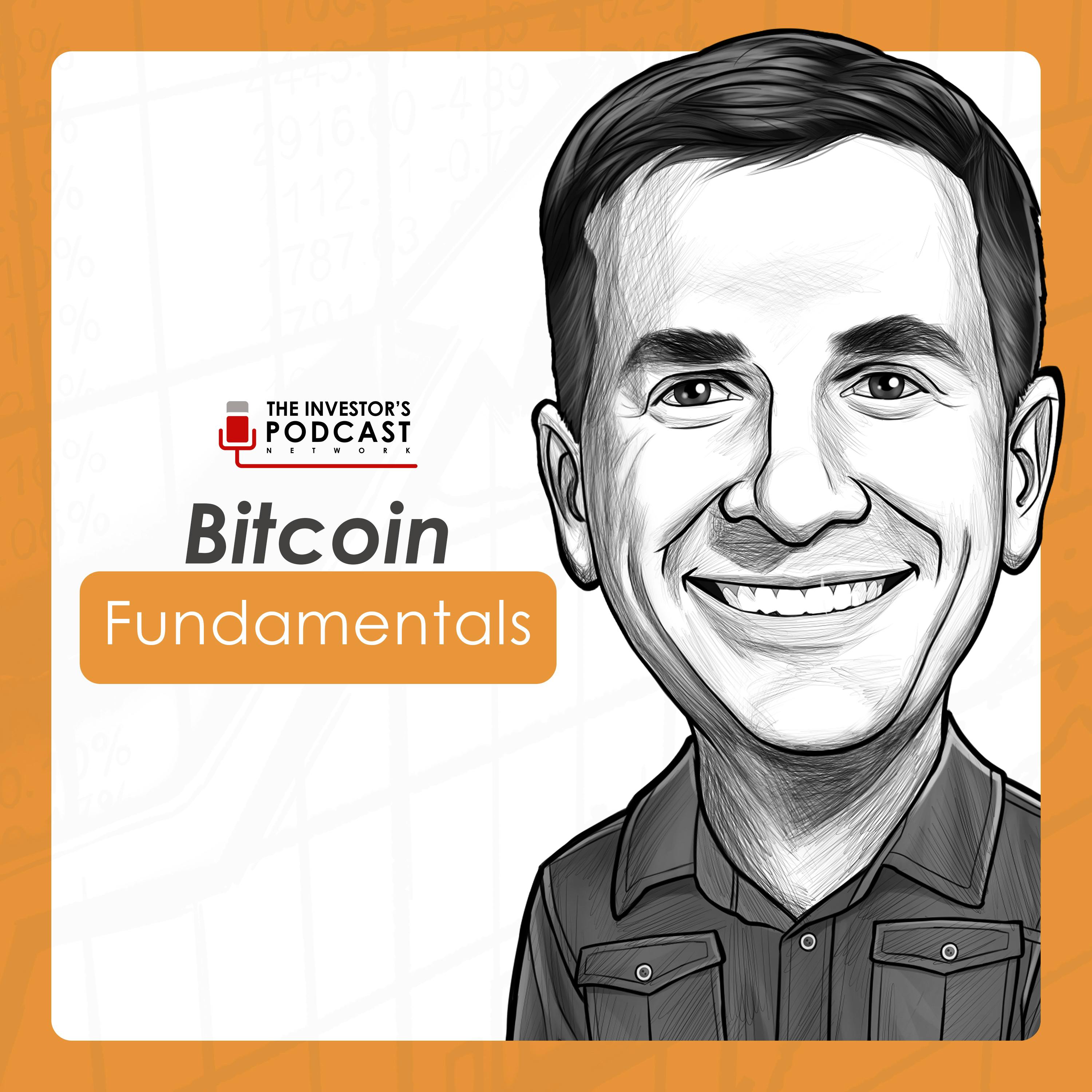
August 25, 2024 • 1hr 3min
TIP655: Hustle, Trust, and Cash Flow: Nike’s Genesis w/ Kyle Grieve
We Study Billionaires - The Investor’s Podcast Network

Key Takeaways
- Pursuing passion and happiness: Phil Knight focused on what would truly make him happy - the "play" and exhilaration of sports and competition. This drove his passion for building Nike.
- Importance of focus: Knight dedicated all his time and energy to Blue Ribbon/Nike, often working multiple jobs. He emphasizes that CEOs need to be fully focused on their core business to succeed.
- Cash flow challenges: Nike constantly struggled with cash flow issues in its early years, having to take out loans and delay payments to stay afloat while growing rapidly.
- Supplier relationships: Having only one key supplier (Onitsuka) was very risky for Nike's business. Diversifying suppliers is important.
- Competitive drive: Knight cultivated a competitive spirit against rivals like Adidas, which motivated Nike to keep innovating and improving.
- Brand building: Nike's growth accelerated once it developed its own brand identity beyond just distributing other companies' shoes.
- Incentives matter: Aligning incentives for salespeople, athletes, and other stakeholders was key to Nike's success.
- IPO considerations: Knight was reluctant to go public due to loss of control, but used a dual-class share structure to maintain voting power.
Introduction
In this episode, Kyle Grieve discusses Phil Knight's autobiography "Shoe Dog", which chronicles the founding and early years of Nike. The episode explores how Knight built Nike from a small importing business into a global brand, overcoming numerous challenges along the way. Key themes include Knight's unconventional approach, the importance of passion and focus, cash flow struggles, supplier relationships, competitive drive, brand building, and more.
Topics Discussed
Phil Knight's Background and Motivations (2:30)
Phil Knight was deeply introspective about what would make him truly happy in life. He concluded that "play" and the exhilaration of sports/competition was key to his happiness. This drove his passion for building a shoe company.
- Knight attributes much of Nike's success to pursuing his "crazy idea" with determination
- He advises others to "never give up on your crazy idea"
Early Days of Blue Ribbon Sports (4:30)
Knight started by becoming a U.S. distributor for Japanese shoe company Onitsuka in 1964. He named his company Blue Ribbon Sports.
- First year sales were only $8,000
- Knight worked multiple jobs to support himself while growing the business
- Knight's passion for running helped him excel at selling shoes, unlike his previous sales jobs
Cash Flow Challenges (8:30)
Blue Ribbon constantly struggled with cash flow issues in its early years as it tried to grow rapidly.
- Knight often had to take out loans or delay payments to suppliers
- Banks were reluctant to lend to the fast-growing but cash-poor company
- "Growing sales plus profitability plus unlimited upside equals quality company. In those days, however, commercial banks were different from investment banks. Their myopic focus was cash balances." - Phil Knight
Importance of Focus for Business Leaders (25:31)
Knight emphasizes how crucial it was to dedicate all his time and energy to building Blue Ribbon/Nike.
- He often worked multiple jobs and had no social life
- CEOs who lose focus on their core business are not ideal leaders for investors
- Knight wanted to "focus constantly on the one task that really matters"
Competitive Drive and Creating an "Enemy" (23:29)
Knight cultivated a strong competitive spirit against rivals like Adidas to motivate Nike to keep innovating.
- He "needed to see them as a monster" to motivate himself
- This competitive drive pushed Nike to keep improving its products
Building the Nike Brand (28:56)
Nike's growth accelerated once it developed its own brand identity beyond just distributing Onitsuka shoes.
- Created the Nike name and swoosh logo
- Started manufacturing their own shoe designs like the Waffle Trainer
- Began signing athlete endorsements to build brand awareness
Importance of Cash Flow and Financial Management (32:49)
Knight emphasizes how critical it is for businesses to manage cash flow and maintain cash reserves.
- Cash on the balance sheet provides flexibility and ability to weather challenges
- Nike constantly struggled with cash flow issues while growing rapidly
- Consider the cash conversion cycle when analyzing businesses
Supplier Relationships and Risks (40:32)
Having only one key supplier (Onitsuka) was very risky for Nike's early business.
- When Onitsuka threatened to cut ties, it put Nike's entire business model at risk
- Diversifying suppliers reduces risk for businesses
- Nike eventually expanded manufacturing to other countries like Mexico and Korea
Going Public and Dual-Class Share Structure (47:23)
Knight was reluctant to take Nike public due to concerns about losing control of the company.
- Used a dual-class share structure to maintain voting control
- Class A shares had 2 votes per share for insiders
- Class B shares had 1 vote per share for public investors
Misaligned Incentives in IPOs (47:58)
The IPO process often has misaligned incentives between the company, underwriters, and public investors.
- Companies want to raise maximum funds
- Underwriters want high price but need shares to sell
- Public investors want low price for better returns
- IPO investments often underperform in first few years
Lessons and Regrets (54:35)
Knight shares some key lessons and regrets from his journey building Nike:
- Regretted not spending more time with his children
- But also regretted that he couldn't relive the exciting early days of Nike
- Wrote the book to inspire others on similar entrepreneurial journeys
Conclusion
Phil Knight's story of building Nike from a small importing business into a global brand offers valuable lessons for entrepreneurs and investors. Key takeaways include the importance of pursuing one's passion, maintaining laser focus on the core business, managing cash flow carefully, diversifying supplier relationships, cultivating a competitive drive, and building a strong brand identity. Knight's journey also highlights the challenges of rapid growth, the pros and cons of going public, and the personal sacrifices often required to build a successful company. Overall, "Shoe Dog" provides an inspiring and instructive look at the grit, determination, and strategic thinking needed to build a world-class business.









